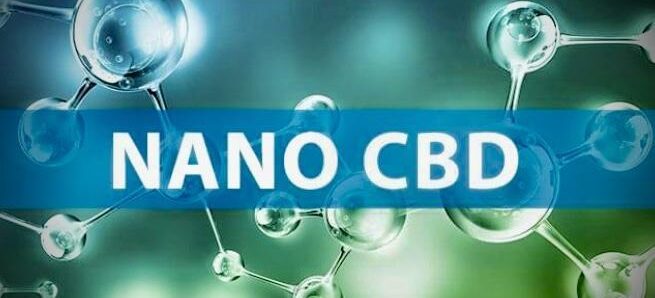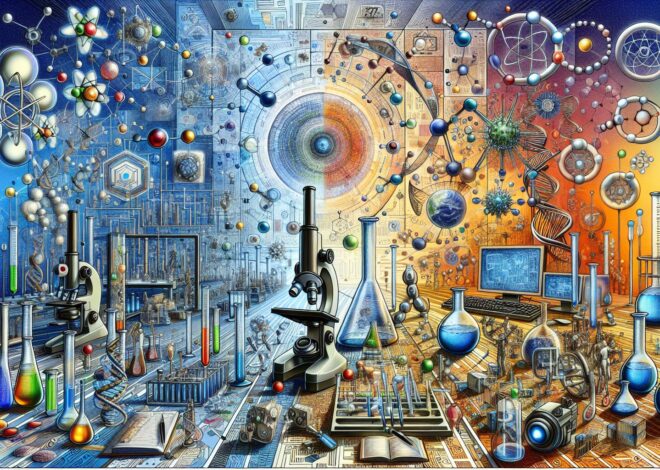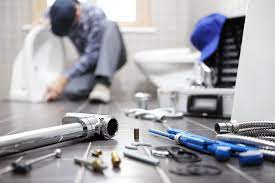
Advancements in Plumbing Material: How Nanotechnology is Revolutionizing Pipe Production
The world of plumbing, often perceived as one of the most traditional sectors, is undergoing a quiet revolution. Thanks to the groundbreaking progress in nanotechnology, pipe production and plumbing material have experienced unprecedented innovations. This article delves into how nanotechnology is shaping the future of plumbing, offering more durable, efficient, and sustainable solutions for households and industries alike.
The Evolution of Plumbing Material
Historically, pipes have been made using a variety of materials, ranging from lead, bronze, and iron to PVC and copper. Each material has its pros and cons. For instance, while metals might be durable, they can corrode over time. PVC, on the other hand, is resistant to rust but can degrade with exposure to UV rays.
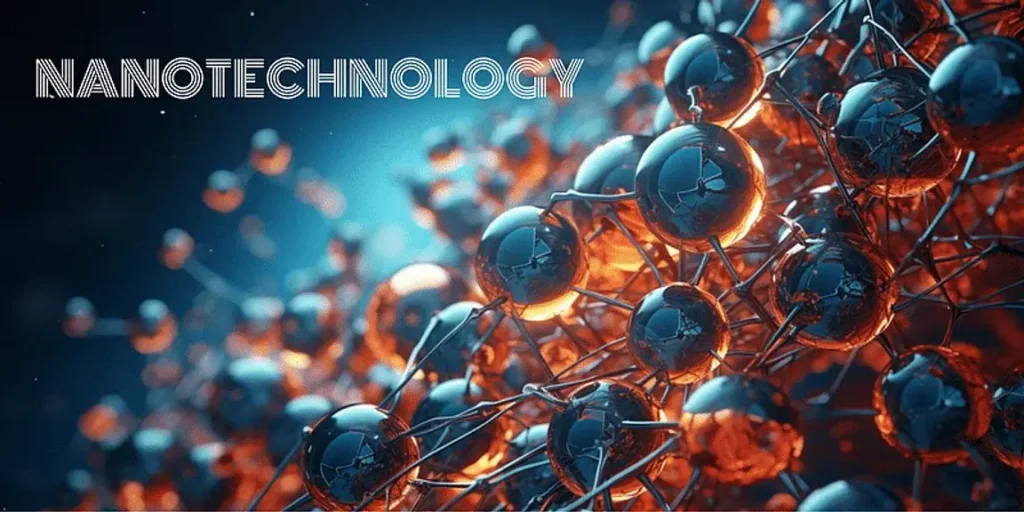 Nanotechnology and Its Potential
Nanotechnology and Its Potential
At its core, nanotechnology manipulates individual atoms and molecules, enabling the creation of new materials or enhancing the properties of existing ones. By integrating nanoparticles into the matrix of plumbing materials, we can achieve enhanced mechanical strength, resistance to corrosion, and reduced friction losses inside the pipes.
1. Enhanced Mechanical Strength: Materials embedded with nanoparticles are proving to have increased tensile strength. This means pipes can endure higher pressures, ensuring a longer lifespan and reduced maintenance costs.
2. Corrosion Resistance: One of the biggest challenges with metal pipes, especially those made of iron and copper, is their tendency to corrode. With nanotechnology, coatings made of certain nanoparticles can significantly slow down or prevent corrosion, further enhancing the longevity of the pipes.
3. Reduced Friction: Reduced pipe wall friction translates to efficient fluid flow. Nanotechnology can make pipe interiors smoother, facilitating better water flow and potentially reducing energy costs in cases where pumps are used.
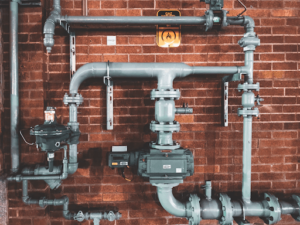 Sustainable Solutions
Sustainable Solutions
Beyond efficiency and durability, nanotechnology in plumbing materials also points towards a sustainable future. As these enhanced pipes last longer, it means less frequent replacements and, consequently, reduced consumption of raw materials. Moreover, with pipes that can effectively combat corrosion, the risk of contaminating drinking water, especially from materials like lead, drastically diminishes.
Economic Impacts and Local Relevance
For businesses in the plumbing industry, this is a game-changer. Manufacturers stand to benefit from producing high-quality pipes that cater to modern-day requirements. Plumbing service providers, even in specific regions like Plumbing in Laguna Niguel, CA, can assure households and industries of longer-lasting plumbing solutions. As these materials gain popularity, they may well become the industry standard, phasing out older, less efficient materials.
Final Thoughts
The integration of nanotechnology into plumbing represents the beautiful confluence of tradition with modern science. It showcases how even the most established sectors can benefit from embracing technological advancements. As research continues and nanotech-enhanced plumbing materials become more accessible, we inch closer to a future where plumbing systems are more robust, efficient, and environmentally friendly.
